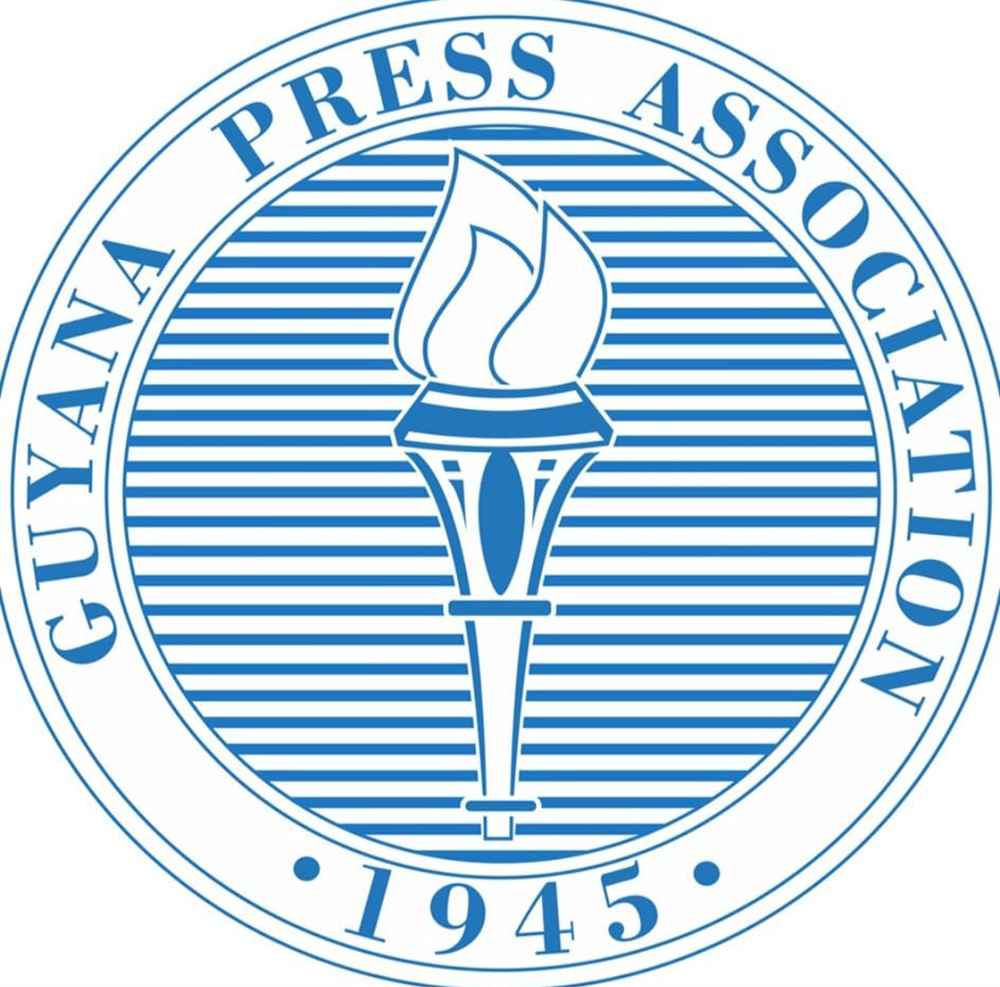The Guyana Press Association (GPA) yesterday warned of an attempt by the government to take it over or failing that to establish a parallel body.
The GPA made the accusation in a release in recognition and observance of World Press Freedom Day which is celebrated annually on May 03. This year’s theme is “Shaping a Future of Rights: Freedom of expression as a driver for all other human rights.”
The release noted that this year’s World Press Freedom Day is being observed at a time when there appears to be a “creeping intolerance” to media when answers are sought especially from the political directorates across Guyana’s major political divide. It stressed that this resort to defaming the character of journalists on a politically-aligned social media page or the expletive-laced response to a journalist are themselves a violation of Article 12 of the United Nations Declaration of Human Rights that protects people against attacks upon their honour and reputation.
The association cited renewed efforts by the sitting government to use its leverage in the state media and its aligned privately-owned media to “violate the inalienable right to freedom of association” as enshrined in the United Nations Universal Declaration of Human Rights and the Constitution of Guyana. The claim is being made that the sitting government is evidently “coercing” those workers to engage in practices that are “inimical to the Guyana Press Association at the altar of political expediency,” hence the collective well-being of their organised body. It noted too that there had been failed attempts in the past to do so through the partisan Union of Guyanese Journalists.
The GPA added that decades later, the current government has embarked on a two-pronged strategy of using its leverage and pressure on media workers in the State media and sympathetic privately-owned media to take over the GPA. Should that strategy fail, then the government will form what can only be described as a parallel organisation.
In light of the aforementioned, the association sounded a warning that it is its “clear and unambiguous position” that “the government’s sole interest is to control the narrative of the reality of the Guyanese media landscape locally, regionally and internationally.” However, to counter this threat, the GPA is keeping its international partners and affiliates abreast of these efforts to “derail” the association and assures also that such moves will be resisted. And as part of its ‘push back, GPA also seeks the solidarity of all “freedom-loving” Guyanese including civil society actors and international development stakeholders.
The release informed that journalists will soon have an opportunity to elect a new executive of the Guyana Press Association that will be free from partisan control. This, it reminded, ultimately depends on media workers coming out to vote. And as far as the GPA is concerned, at the end of the day what matters is that “Freedom of expression is a driver for all other human rights.”
According to the GPA, “Freedom of Expression is one of the fundamental human rights that is enshrined in the United Nations Declaration of Human Rights which was proclaimed by the United Nations in 1948.” It pointed out that this is mirrored in Article 146 of the Constitution of Guyana which states: “Except with his own consent, no person shall be hindered in the enjoyment of his freedom of expression, that is to say, freedom to hold opinions without interference, freedom to receive ideas and information without interference, freedom to communicate ideas and information without interference and freedom from interference with his correspondence.”
This the association said, “highlights the critical role the media plays in creating awareness about the other human rights and fundamental freedoms that Guyanese are entitled to.” Further, it noted that the United Nations Educational Scientific and Cultural Organisation (UNESCO) regards journalists as playing that key and critical role of disseminating verifiable facts and making complex matters intelligible for the public at large.
As such, the GPA sees it as its mandate to make a concerted effort to educate Guyanese and media practitioners themselves about their various roles and responsibilities. “The integrity of journalism will continue to be under threat in Guyana not merely because of partisan interests, but because everyone who disseminates clearly partisan, and unverifiable content that passes off as interviews or discussions self-classify and hold themselves out as journalists.”






